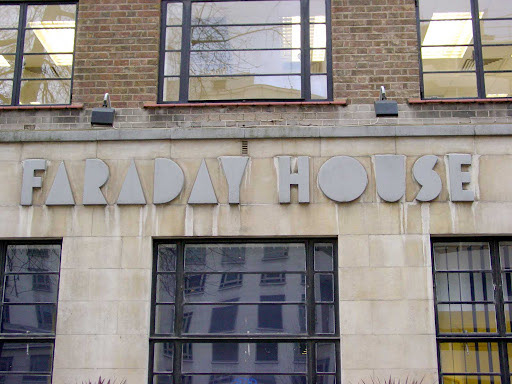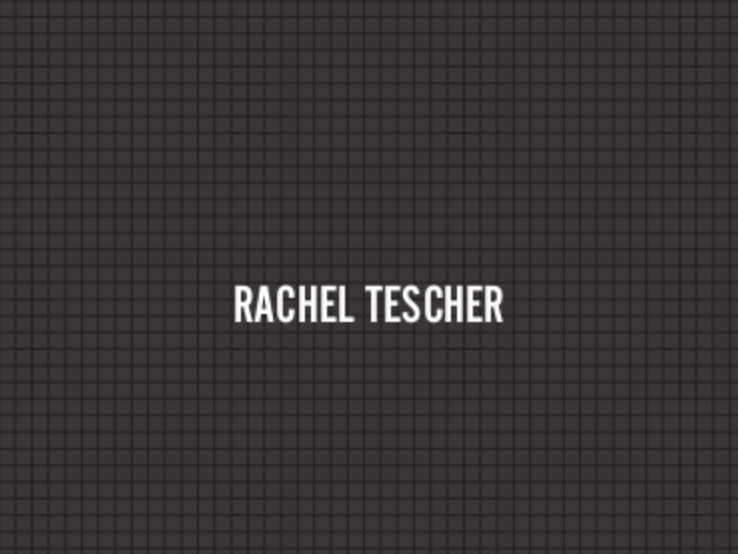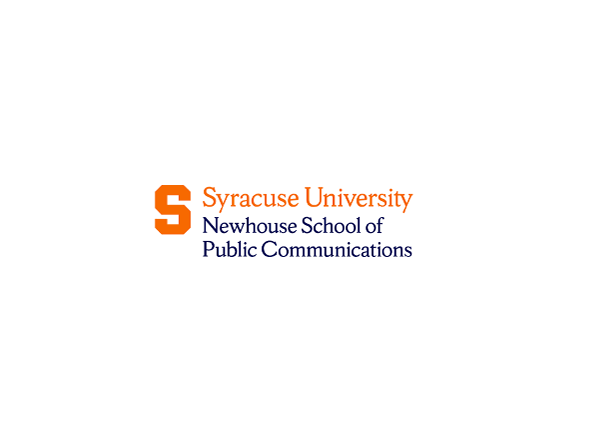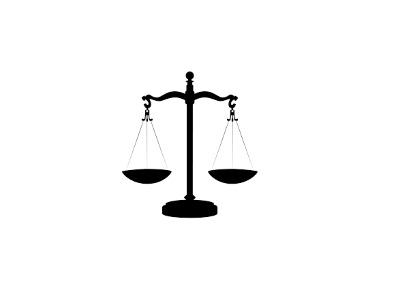Click here to read my PSC375 Essay titled "The Harm of Free Speech"!
When taking Philosophy of Law 375 during my first semester of Junior year in college, Professor Christopher Bousquet assigned us to write three essays sparatically throughout the semester. One of the three essays directed us to write an essay using the prompt looking at the hate speech law being imposed within Canada, "Do you think free speech impositions should be imposed?" I decided to take the stance against free speech, arguing how it could potentially harm society. Check out my essay!
Rachel Tescher
November 8, 2024
PSC375
The Harm of Free Speech
When examining and analyzing the hate speech law being imposed within Canada, it is important to take a deeper look at the elements in order to understand such a law. As stated in the assignment sheet, Canada’s hate speech law restricts public speech that “incites hatred against any identifiable group where such incitement is likely to lead to a breach of the peace,” “willfully promotes hatred against any identifiable group” or wilfully promotes antisemitism by condoning, denying or downplaying the Holocaust.” The Canadian government should enact these forms of hate speech for several reasons, specifically, due to the idea that it is a step in the right direction for preventing violence and hate speech crimes, which leads to real harm. If these forms of speech are lawfully prevented, there would be stigma placed around undergoing these actions, hopefully causing it to be seen less within society. Within our class sessions, we have been exposed to several readings by politicians and philosophers who press the importance of free speech while also being able to emphasize regulations to avoid harming the democratic process. These forms of hate speech should be imposed, considering the idea that hate speech will occur regardless. As hate speech will be seen regardless of these laws, they lower the possibility of actual harm, and causes civilians who participate in hate speech to be held accountable.
When looking at the basis of hate speech and evaluating the effectiveness of these laws being imposed in Canada, it is important to understand that although free speech may correlate with the idea of a democracy, it can still be regulated within the democratic process. These ideas correlate to Meiklejohn’s as he emphasized the importance of free speech as a foundation for democratic dialogue, while also recognizing that speech could possibly undermine democracy if it harms others, which may happen if not regulated by the government. Meiklejohn’s argument is important and relevant in this scenario as it ties into my discussion of understanding the importance for democracy, but wanting these hate speech to be put in place to reduce the possibility of violence and harm within society. In Meiklejohn’s reading titled “Free Speech: The Rulers and The Ruled” he states, “The phrase,”Congress shall make no law….abridging the freedom of speech,” is unqualified. It admits of no exceptions. To say that no laws of a given type shall be made means that no laws of that type shall, under any circumstances, be mad. That prohibition holds good in war as in peace, in danger as in security”. Additionally, Mieklejohn ends his argument by saying, “The freedom of ideas shall not be abridged”, which places emphasis on the idea that he believes freedom of speech is important for our democracy until someone undermines it through their choice of speech and harms someone else. Meiklejohn uses the word “ideas” instead of “speech” to exercise his emphasis on that topic.
Another reason the Canadian government should impose these rulings on hate speech is to protect vulnerable communities who receive constant hate speech in public places where there rights are supposed to be protected. The imposition of these rulings on hate speech would allow these vulnerable communities to feel safer in public places such as college campuses and the overall workforce. These views correlate with those of Charles Lawrence, who believes hate speech fosters a culture of hostility and possible harm on targeting groups. Additionally, he believes that when hate speech goes unregulated it can cause an environment where targeted groups are marginalized and denied basic civil rights. The article “If He Hollers Let Him Go: Regulating Racist Speech on Campus” written by Charles Lawrence various occurrences of hate speech being seen on college campuses, emphasizing the importance of free speech until it harms someone else. As stated in this article, “When racist speech takes the form of face-to-face insults, catcalls, or other assaultive speech aimed at an individual or a small group of persons, then it falls within the “fighting words” exception to first amendment protection. The Supreme Court has held that words that “by their very utterance inflict injury or tend to incite an immediate breach of the peace are not constitutionally protected.” Lawrence believes that fighting words are undeserving of first amendment protection for two reasons: the immediacy of the injurious impact of racial insults, and for the purpose of underlying the first amendment.
Critics of hate speech laws argue that such regulations pose a threat to free expression and open debate, their concerns being seen as danger of government overreach and censorship. A main reason in which critics believe hate speech should not be regulated is because of the blurry line line between harmful speech and protected expression, and the concern that these regulations could lead to excessive government control working to figure out what speech is deemed as acceptable. Some authors, such as J.P. Messina, agree with the idea of protecting hate speech and believes that it may give the government excessive power and lead to greater censorship. As stated in Messina’s “Freedom of Expression and the Liberalism of Fear”, “First Amendment Freedoms, they will say, have never included the freedom to incite to illegal activity, and restrictions on fighting words have been applied reasonably impartially. Although the line between harmful and protected speech may be blurry, the harm that comes out of hate speech outweighs these concerns and must be regulated. The argument that hate speech should be regulated is supported through Brian Leiter’s article, “The Case Against Free Speech” in which he focuses on balancing individual rights and social interests and emphasizes the idea that the government’s responsibility is to protect society from potential harms. As stated in this article, “If speech were actually ‘free’ in the courts – that is, unrestricted by state power – then there would be almost no need for most rules of evidence.” Overall, the Canadian government should impose these regulations toward hate speech to reduce harm within society and protect vulnerable speech.









